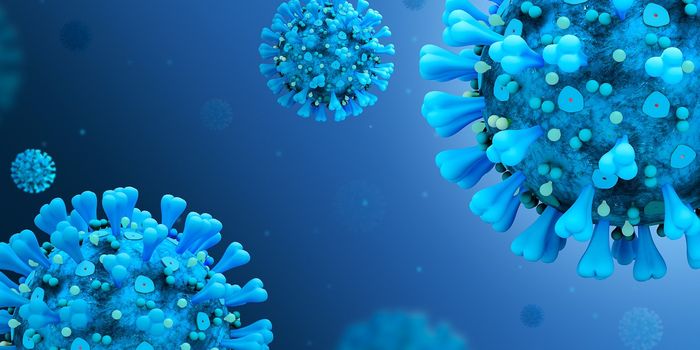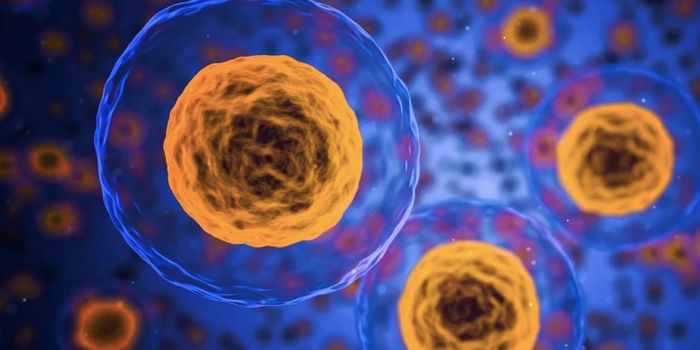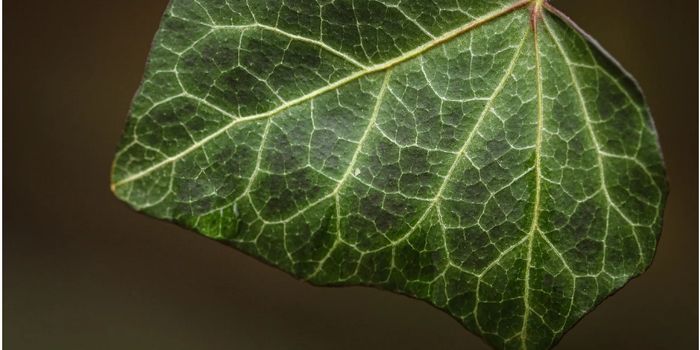Immunity to HPV Can Prevent Skin Cancer
Scientists discovered a surprise benefit of low-risk human papillomaviruses (HPV), a typical resident of human skin. New research shows that these harmless and common viruses may be protective against skin cancer, making them the primary target of future vaccines to prevent skin cancer.
Low-risk, skin-resident HPV strains are not to be confused with those high-risk HPV strains that affect 79 million Americans as the most common sexually transmitted infection. Of more than 100 total strains, experts consider about 12 HPV strains to be high-risk. HPV infections usually resolve on their own, but in more severe cases, HPV is known to cause genital warts and promote cancer development.
While looking for a causatory link between HPV and squamous cell carcinoma (SCC), researchers actually found evidence suggesting low-risk, skin-resident HPV protect against SCC - not promote its development. This link is particularly important for immunosuppressed individuals who are dramatically more prone to developing cancers like SCC that are linked to viral infection.
Researchers came to their conclusion through trials with experimental mouse models of HPV immunity and skin cancer activity. They also studied human skin cancer tissue samples, observing the “presence and activity of 25 known commensal low-risk HPVs.”
The connection between immunity to low-risk HPVs and protection against SCC suggests a new therapeutic target for skin cancer vaccines: T cells with enhanced immunity to low-risk, skin-resident HPV. T cells are part of the immune process that triggers B cells to produce antibodies against dangerous pathogens.
The potential new vaccine approach would enhance a natural system that’s already in place: building immunity against harmless skin viruses. Plus, the approach could bolster current immunotherapies used to target SCC with “immune checkpoint inhibitors” - roadblocks that prompt the immune system to slow down and target cancerous cells.
"This is the first evidence that commensal viruses could have beneficial health effects both in experimental models and also in humans, and it turns out that this beneficial effect has to do with cancer protection,” explained Shawn Demehri, MD, PhD. “The role of these commensal viruses, in this case papillomaviruses, is to induce immunity that then is protecting patients from skin cancers.”
SCC is the second most common type of skin cancer, affecting cell types in the top-most layer of the skin, the epidermis. The most common type of skin cancer is basal cell carcinoma (BCC); SCC and BCC are both nonmelanoma types of skin cancer and are linked to ultraviolet radiation exposure from the sun in 90% of cases.
Sources: Nature, Massachusetts General Hospital, Centers for Disease Control and Prevention, Skin Cancer Foundation








